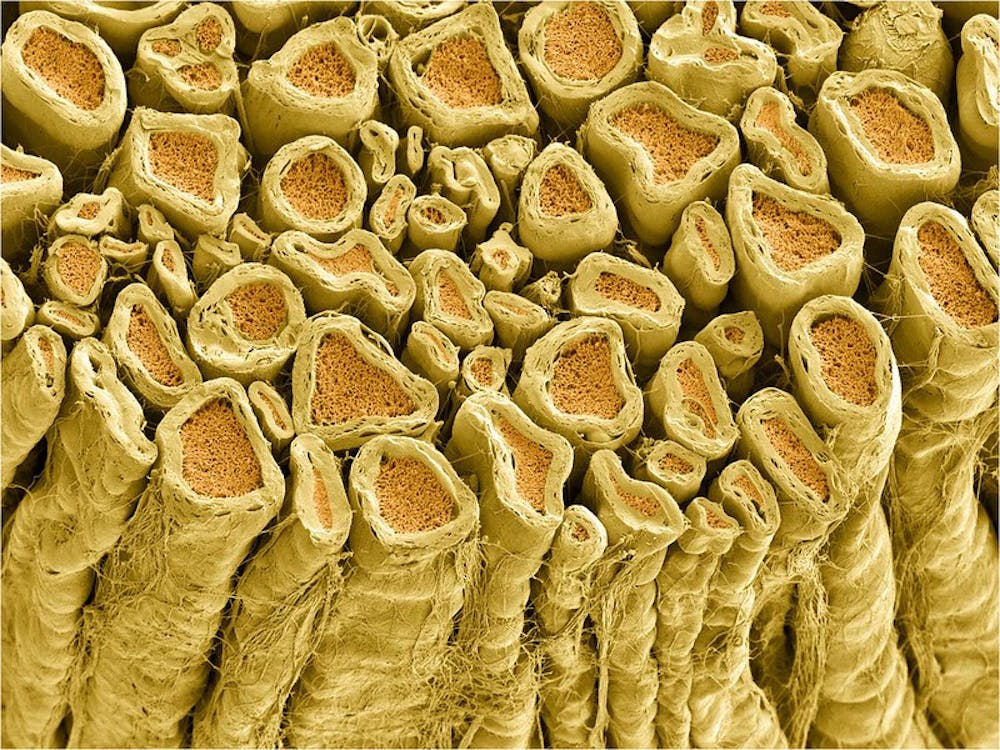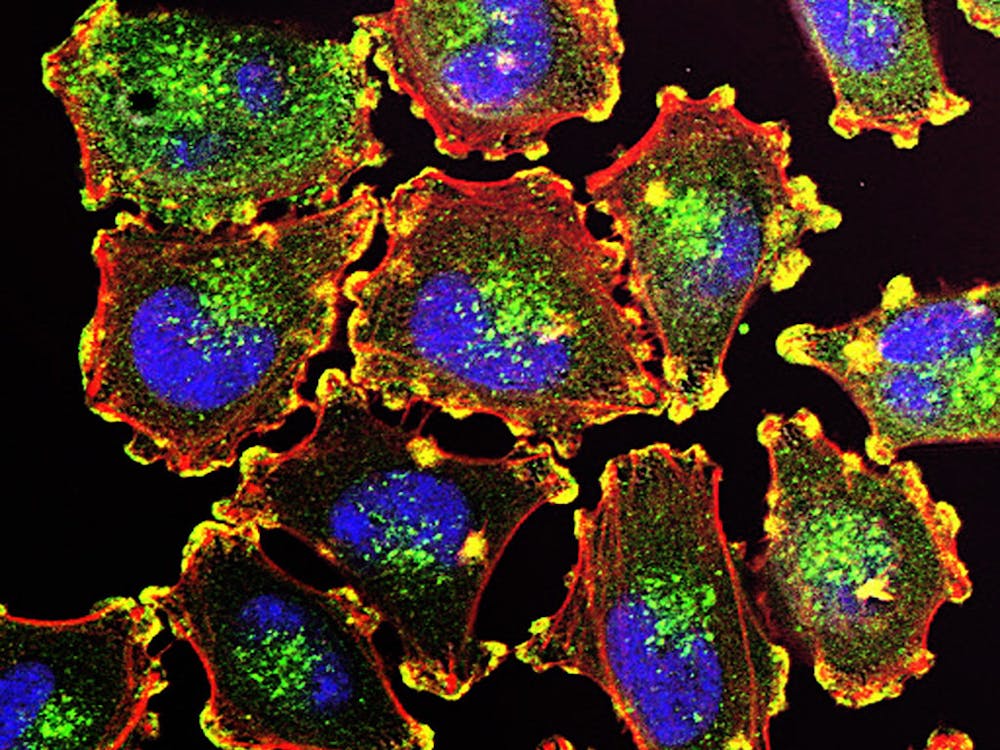For years, it has been known that diabetics are at a higher risk for cardiovascular disease (CVD) and heart attacks. In August of this year, though, the Bloomberg School of Public Health (JHSPH) released news of groundbreaking research that sheds light on the link between diabetes and CVD. The risk of heart attacks in diabetics and pre-diabetics can be detected and monitored using an improved test designed to measure evidence of chronic heart muscle damage in diabetics and pre-diabetics.
Elizabeth Selvin, an associate professor of epidemiology and the co-director of the Cardiovascular Epidemiology Training Program at JHSPH, along with her team, used an assay that is ten times more sensitive than the ones currently available in an emergency room.
The assay, manufactured by Roche Diagnostics, detects levels of troponin in the blood. Troponin, a complex of proteins involved in muscle contraction, is released into the blood when cardiac cells die. During a heart attack, cells die and burst open when they do not receive enough oxygen, and the contents — all of the proteins, organelles and other components, including troponin — are released into the blood,which means that elevated levels of troponin in the blood indicate heart damage.
According to a journal article authored by Dr. Selvin and her team, which was published on Aug. 22 in the American Heart Association’s journal, Circulation, the investigators measured troponin in blood samples taken six years apart, from over 9,000 participants in the Atherosclerosis Risk in Communities (ARIC) Study. The researchers compared changes in troponin levels in people with no diabetes, pre-diabetes and diabetes. None of the participants in the study had a history of cardiovascular disease or myocardial infarction. The researchers also examined 14 years of follow-up data to identify risk of heart failure, death and heart attacks.
Dr. Selvin found that people with prediabetes or diabetes were much more likely to have increases in troponin levels over time, possibly indicating the progression of heart damage that is mild enough that there are few symptoms. Furthermore, diabetes patients who had increases in troponin were more than six times as likely to develop heart failure and almost four times as likely to have a heart attack. After a heart attack, the damaged tissue forms scar tissue, but that scar tissue does not contract. As a result, increased stress is placed on the heart as it struggles to deliver the same amount of oxygen as before using a lesser amount of functional cardiac muscle. In other words, people with diabetes may be suffering from hidden heart damage.
Despite the unprecedented link revealed in this study, it is not completely clear as of now how the results of the study can be applied to a general population. The FDA does not yet approve the widespread use of the ultra-sensitive test the researchers used, which would be needed to detect such low levels of troponin.
It is also unclear how to best prevent subclinical damage to the heart. One factor which complicates a potential solution of simply testing for lower troponin levels with the advanced tests is that additional risk factors such as raised cholesterol levels and obesity have long been credited as causes for diabetics and heart disease, not raised troponin levels. “Additional studies are needed to understand what interventions will lower troponin and reduce cardiovascular risk,” Dr. Selvin said.
Nevertheless, the future bodes well for pre-diabetics and diabetics visiting emergency rooms and primary care physicians. “Using a sensitive test for blood troponin may allow doctors to diagnose and begin treatments for heart disease at a much earlier stage in diabetic and pre-diabetic patients who are already at elevated risk,” said Derek Prosser, Ph.D, a postdoctoral fellow in the biology department at Johns Hopkins University
.






















Please note All comments are eligible for publication in The News-Letter.